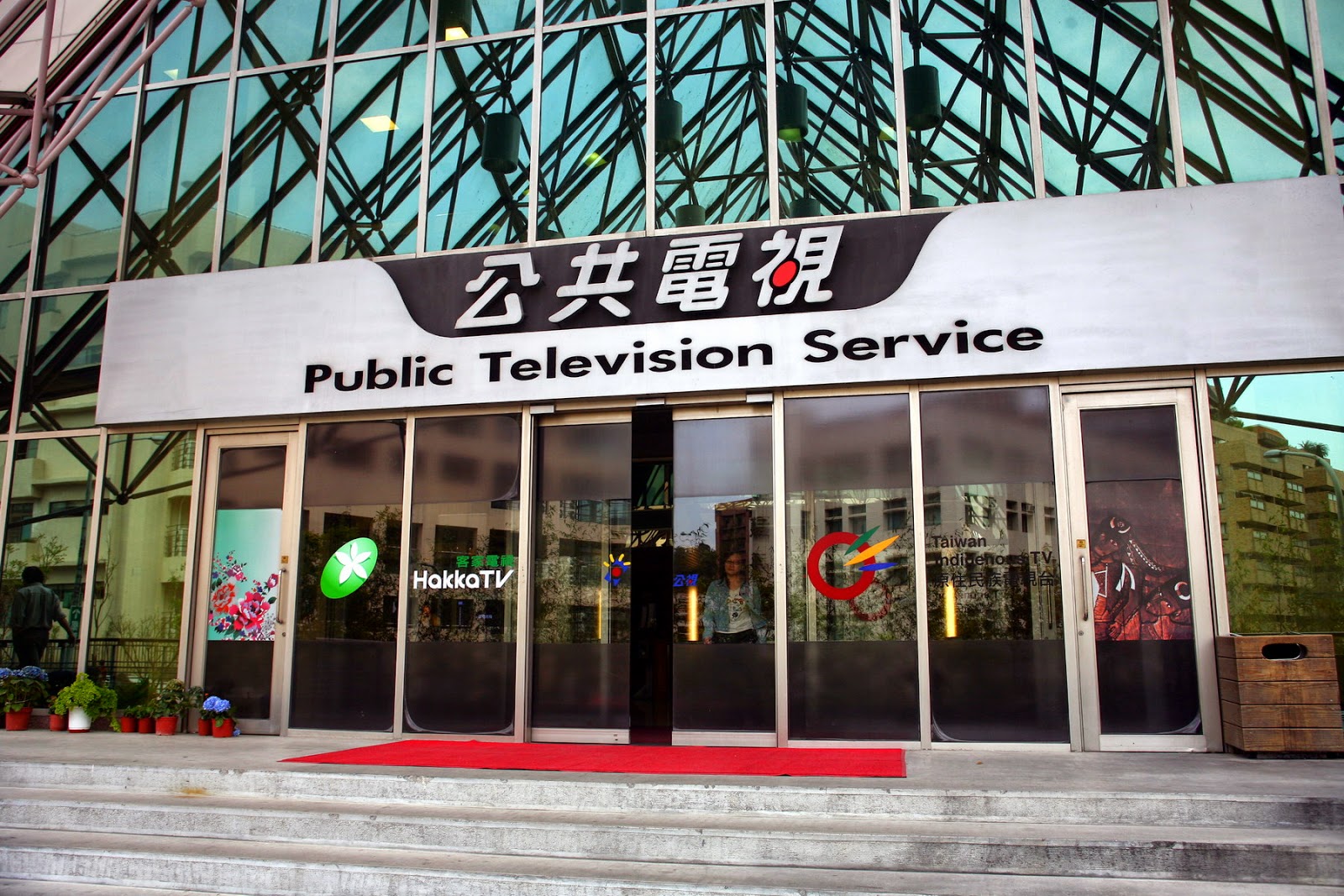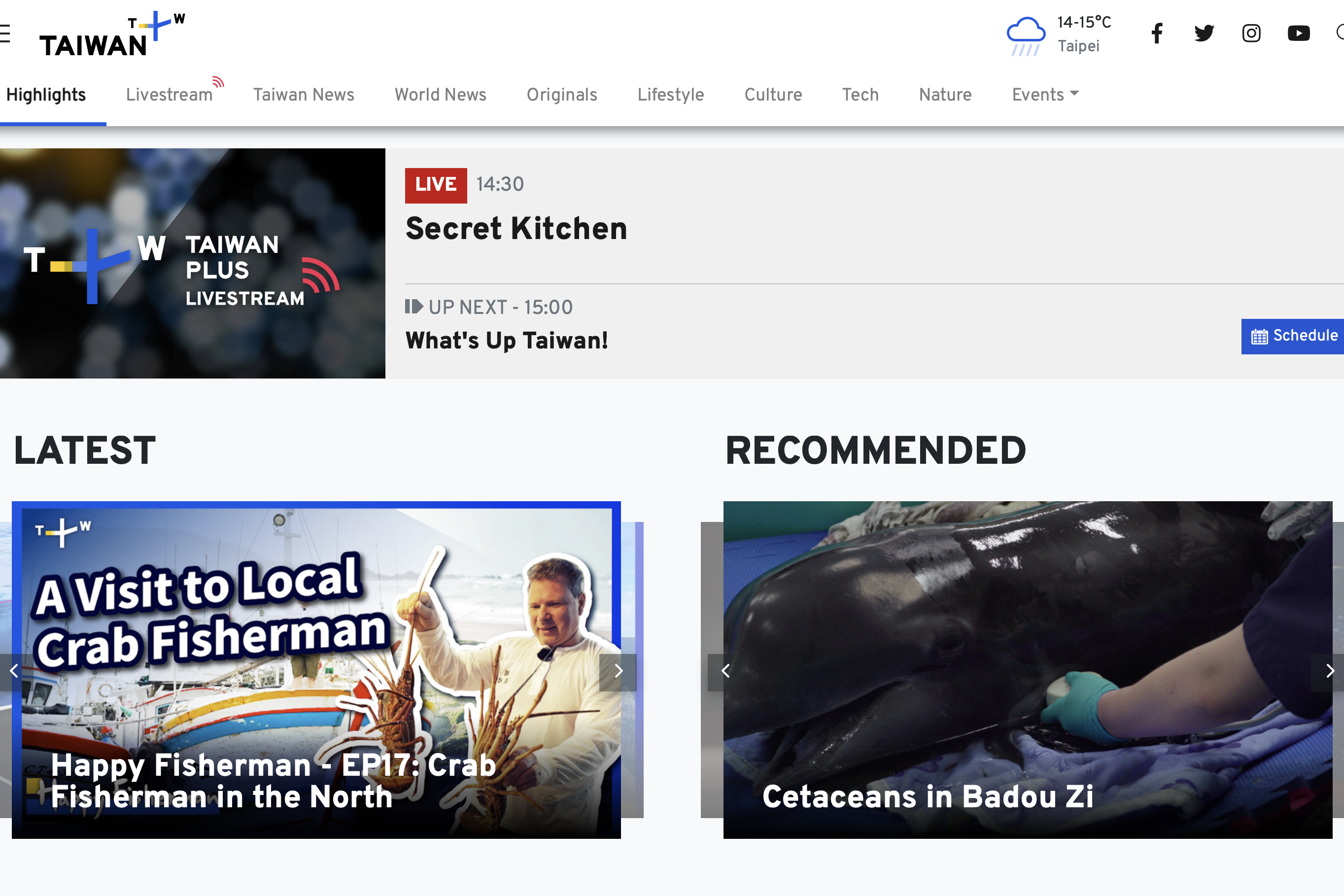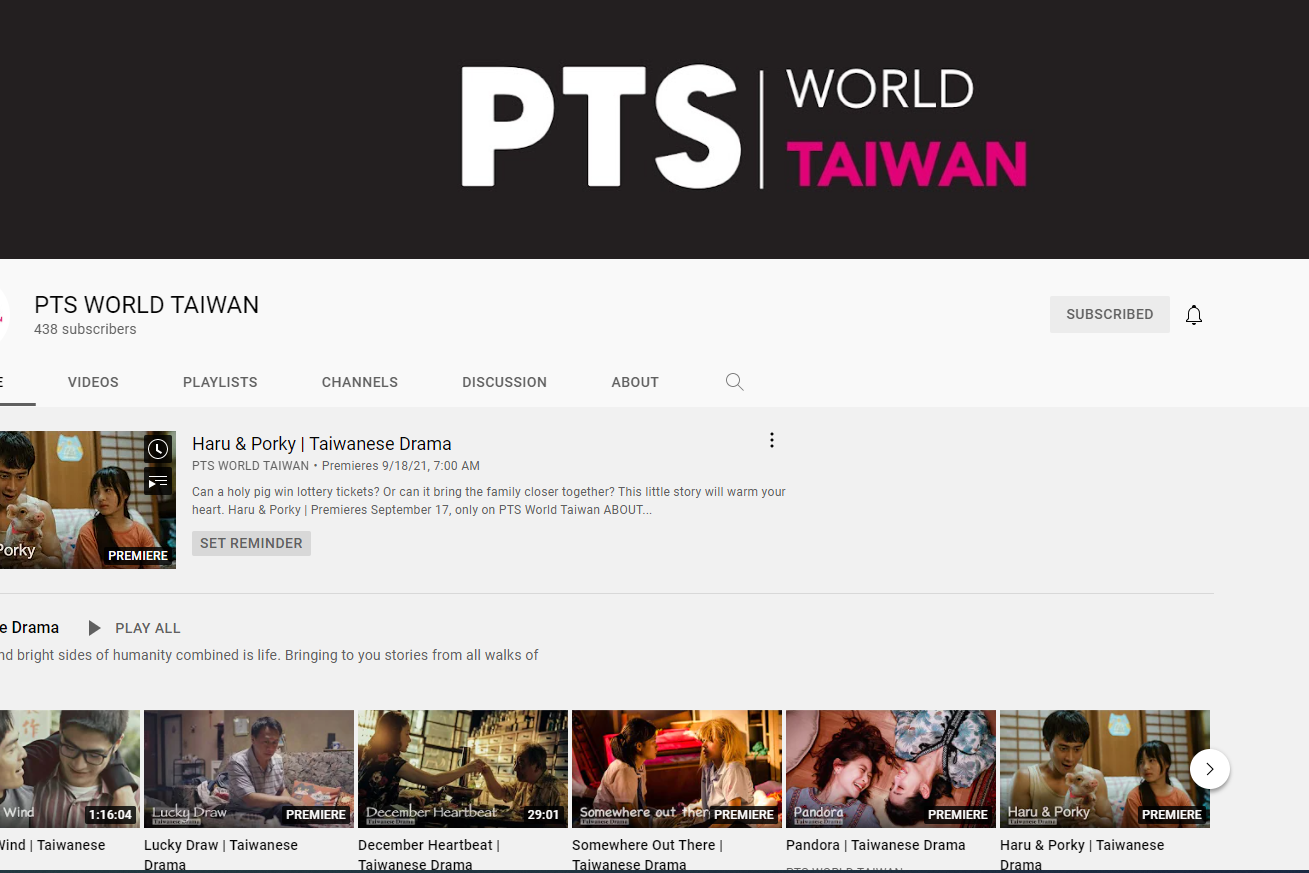Tensions and election prove a test for Taiwan media
12th January 2024
Taiwan is in the global spotlight ahead of an election amid geopolitical tension and an apparent disinformation campaign from China, which threatens to strain an already pressured news media. Under such circumstances, the presence of independent and trusted public service media is invaluable.

IN BRIEF:
- Taiwan is going to the polls on January 13 in the spotlight of significant geopolitical strains and heavy international attention.
- There are already reports of a significant disinformation campaign and a polarised electorate, putting pressure on already strained media outlets.
- With at least 80 countries facing elections this year, this early election is worth watching and learning from.
- Taiwan’s public media outlets have committed to covering the election freely, fairly and impartially.
IN FULL:
The people of Taiwan go to the polls this weekend amid a glaring geopolitical spotlight and a disinformation campaign that has put pressure on the island’s public service media (PSM).
The 13 January election is one of the first in a year that sees at least 80 countries go to the polls, including the United States, India, South Africa and most probably the United Kingdom, as well as the European Union.
All these elections come at a time of increased menace towards democratic institutions, including false narratives, conspiracy theories, the challenge of artificial intelligence, and supercharged disinformation campaigns.
Read more: PTS Taiwan launches awards for VTuber industry (Member press release)
It also comes as trust in democratic institutions, including the media, is in a precarious position in many parts of the world, with public media under particular scrutiny and financial pressure in many countries – including those who have consequential elections this year.
Pressure from disinformation
Taiwan’s election is particularly in focus this month, with international media drawn to the pressure the island is under from an increasingly assertive China, which sees Taiwan as a renegade province.
The incumbent president, Tsai Ing-wen, is not running for office, and there are three main contenders in the race to replace her in what has shaped up to be a closely-fought campaign.
But it comes against a backdrop of attempted external influence.In the past weeks, the Taiwanese government has accused China of mounting a widespread disinformation campaign to coincide with the campaign. Analysts have also accused Beijing of trying to push Taiwanese voters away from the incumbent DPP party, which it sees as a party dedicated to Taiwanese independence. The party opposes Beijing’s claims to Taiwan, and has asserted Taiwan’s distinctive identity and claims to nationhood, though it says it accepts the ambiguous status quo of democratic self-determination, rather than independence.
For the past decade, Taiwan has been the largest target of foreign-created disinformation, according to monitoring groups, and this week, the DPP’s presidential candidate, Lai Ching-te, said China was engaged in “unprecedented” levels of interference.
“It has resorted to all means to interfere with this election,” Lai told a news conference in Taipei.
Listen toour podcast
Uncovering and exploring the biggest
issues facing public media
Doublethink Lab, a Taiwan-based cybermonitoring NGO, said it was seeing disinformation that was designed to take advantage of an already polarised society, but it was also seeing an amplification of pro-China material produced in Taiwan. It said it had identified more than 800 “inauthentic” Facebook assets all amplifying one TikTok account, and was also seeing content that consisted of edits and clips from Taiwanese talk shows and influencers, rather than fake content.
A determined media
This slew of politics, polarisation and disinformation during a crucial election for the Taiwanese people has provided significant stress for the island’s media, which is largely considered free and independent.
Last April, Taiwanese media workers spoken to by The Guardian said the industry had a big problem with fake news and fact-checking, suffering from hyper-partisan politics, overworked and under-resourced staff, and a culture of valuing headlines and clicks over facts.
The geopolitical focus could also distract from the issues important to Taiwanese people. An article by the CNA news agency this week detailed how the global media’s focus was overshadowing important stories on the ground, with correspondents detailing how voters seemed “more concerned with how the next president would tackle salary stagnation and spiralling rents than with China.”
The main public broadcaster is Taiwan PTS, which is publicly funded and operates three television channels. Amid all the concern, it has detailed how it is committed to covering the election along core public media values.
It is coordinating a vote-counting project and has detailed how it will provide the election results with “the principle of public service” to ensure it “is carried out with a cautious, fair and reliable attitude.”
The network has hosted live television debates and question and answer sessions, but it has also come under political criticism, including from a legislature candidate who accused it of becoming the DPP’s version of Chinese state-controlled media, an accusation PTS called “groundless.”
Radio Taiwan International, meanwhile, has set up a website dedicated to covering the island’s elections in eleven languages. It includes details of public forums, as well information about the presidential candidates and constituency overviews. The breaking news sections detail local issues that were raised in the candidate debates, including property rentals, agricultural land, and gender equality, but also the geopolitical concerns.
RTI said it had also introduced guidelines for its coverage of the presidential and legislative elections, which a spokesperson said focused on “providing fair, neutral, independent, accurate, comprehensive and trustworthy information.”
Under such an environment of mis- and disinformation, and increasingly sophisticated technologies and techniques used to disseminate such narratives, the existence of trusted and independent news organisations is crucial. Through their commitment to public service media values, both RTI and PTS are aspiring to provide such a service.
Related Posts
20th September 2021
PTS Taiwan’s New Frontier: PTS World Taiwan
Press Release In September 2021, Taiwan…
8th March 2016
Citizen journalism, public media & crisis reporting in Taiwan
In Taiwan Public Television Service's…


